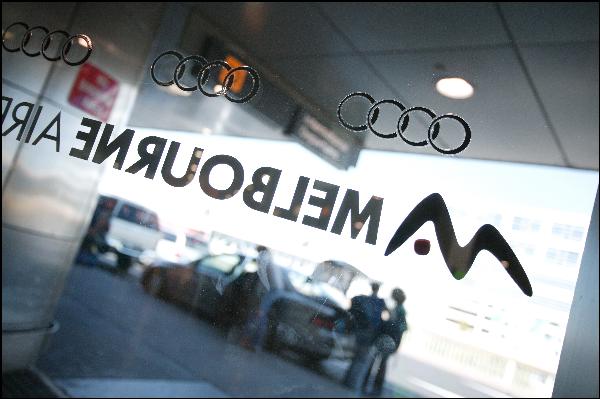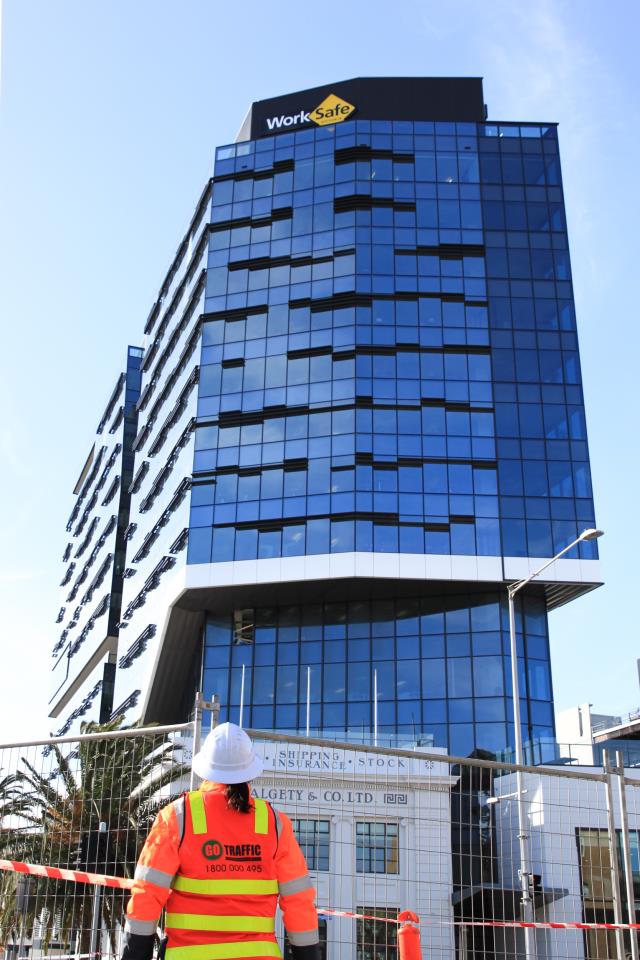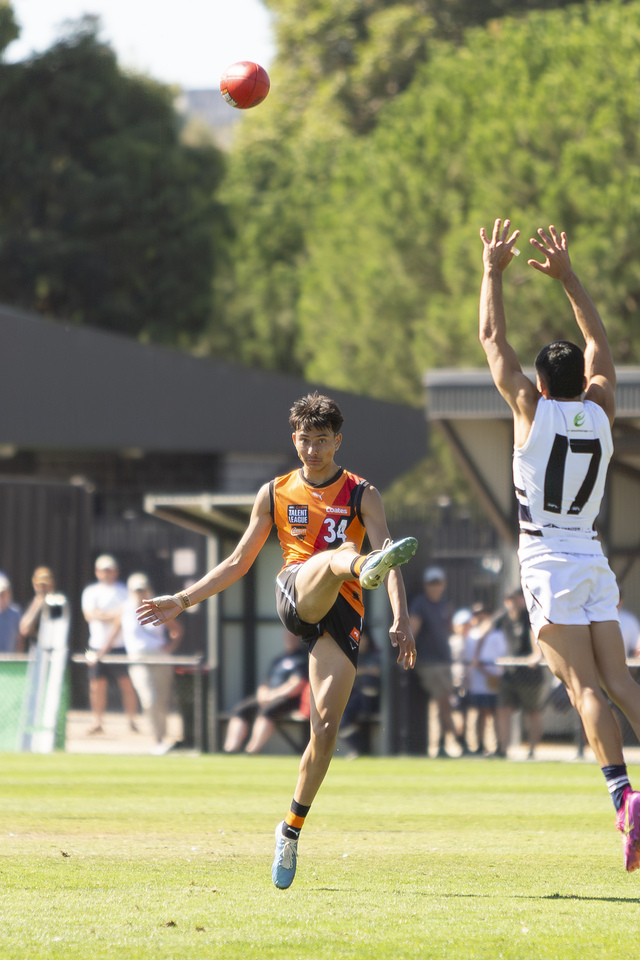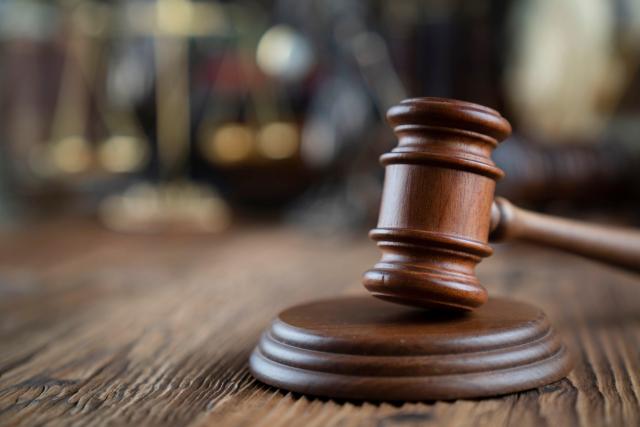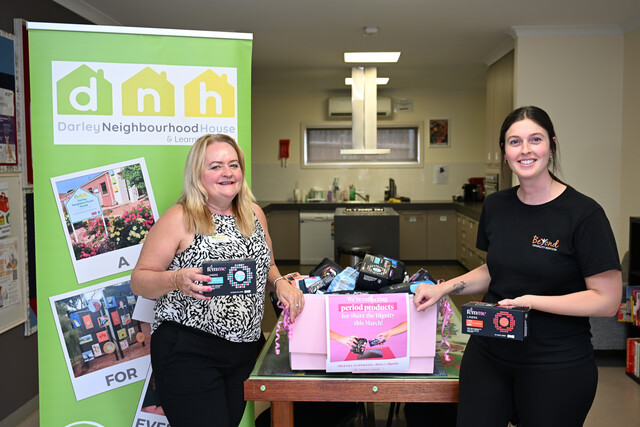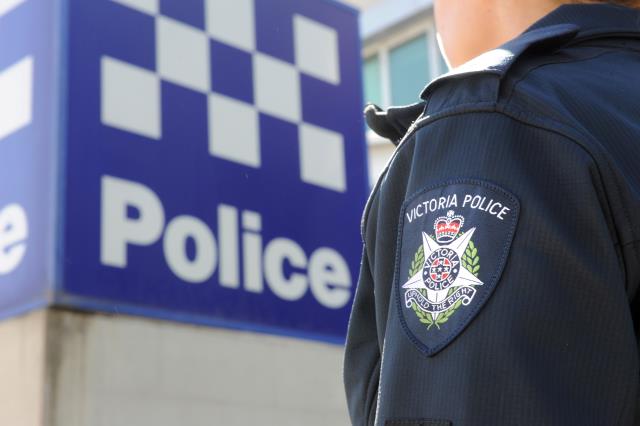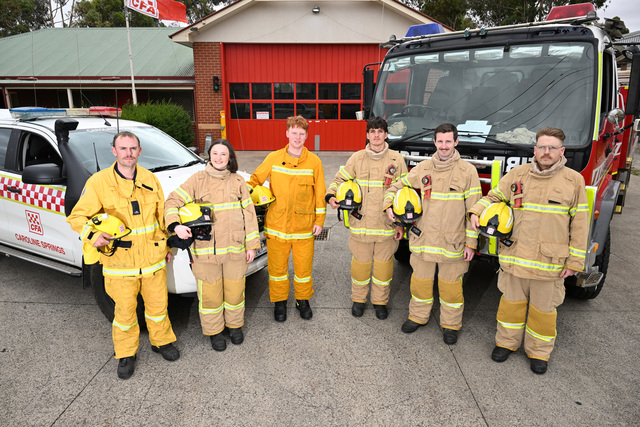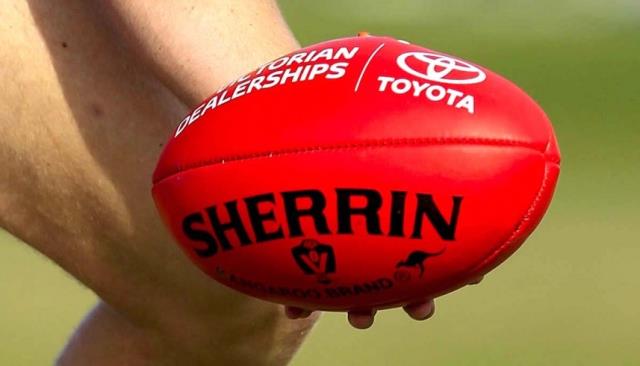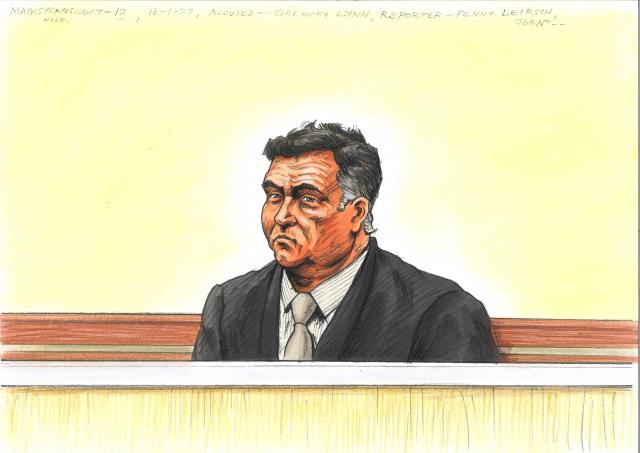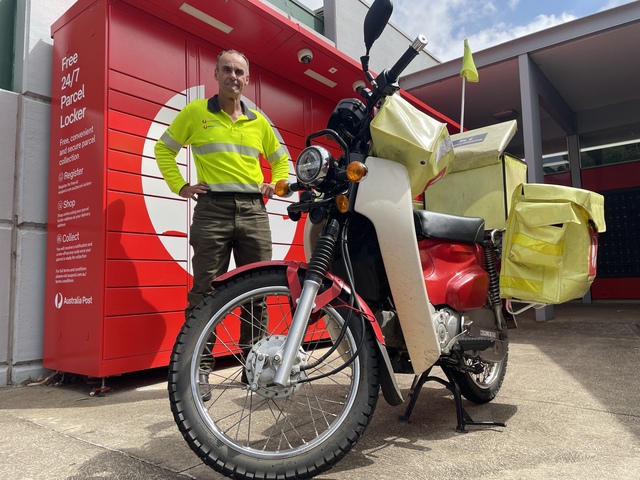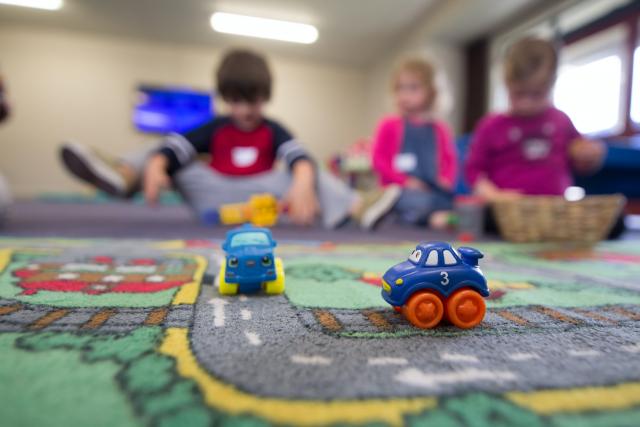Melbourne Airport has revealed the devastating impact COVID-19 has had on the business.
Passenger numbers in March were down by 44 per cent compared to the same time last year.
The airport recorded its lowest international passenger figure since June 2010 and its lowest domestic numbers since February 2004.
Chief executive Lyell Strambi described the pandemic as the worst crisis to hit the airport in 30 years.
“The devastation that COVID-19 is having on the entire aviation industry is unparalleled,” he said.
“Tourism, particularly air travel, was one of the first sectors hit and we expect it to be one of the last industries to emerge from restrictions.
“The international traveller market was completely devastated … we recorded the worst year-on-year international growth in the airport’s history, surpassing all other shocks to date including 9/11 and SARS.”
Mr Strambi said the March figures mask the full extend of COVID-19 and the trend for the end of the month suggests April is on a trajectory for a 97 per cent drop compared to the same time last year.
“The decline in travellers not only affects airlines but airports as well, as airports collect aeronautical fees on a per-passenger basis.
“Of course, the loss in passengers is felt many times over, it’s not just one less person flying but also one less person buying a meal or coffee, one less purchasing retail items and one less catching transport.”
He said the crisis facing Virgin Airlines, which went into voluntary administration last week, was also cause for major concern and called for action.
“The Virgin situation is potentially another seismic shock to domestic aviation in Australia, on top of the demand destruction brought about by COVID-19.
“We know aviation is resilient, but the combination of the health pandemic and the economic crisis is unprecedented. It requires an unprecedented response from our industry together with state and federal governments.”
Mr Strambi said the airport would remain open to support essential travel and to help bring Australians home.
It would also ensure goods, including medical supplies, could move in and out of Victoria.
However Mr Strambi warned it may be some time until things bounce back fully.

